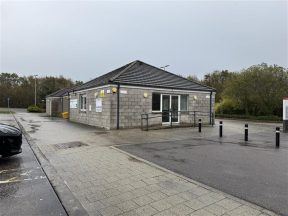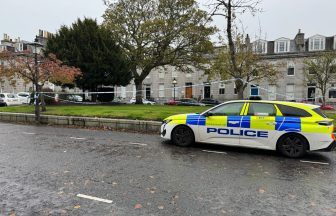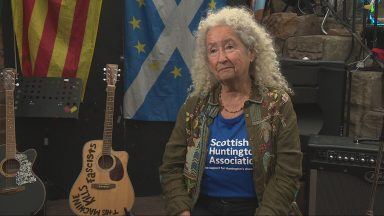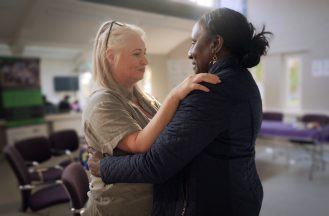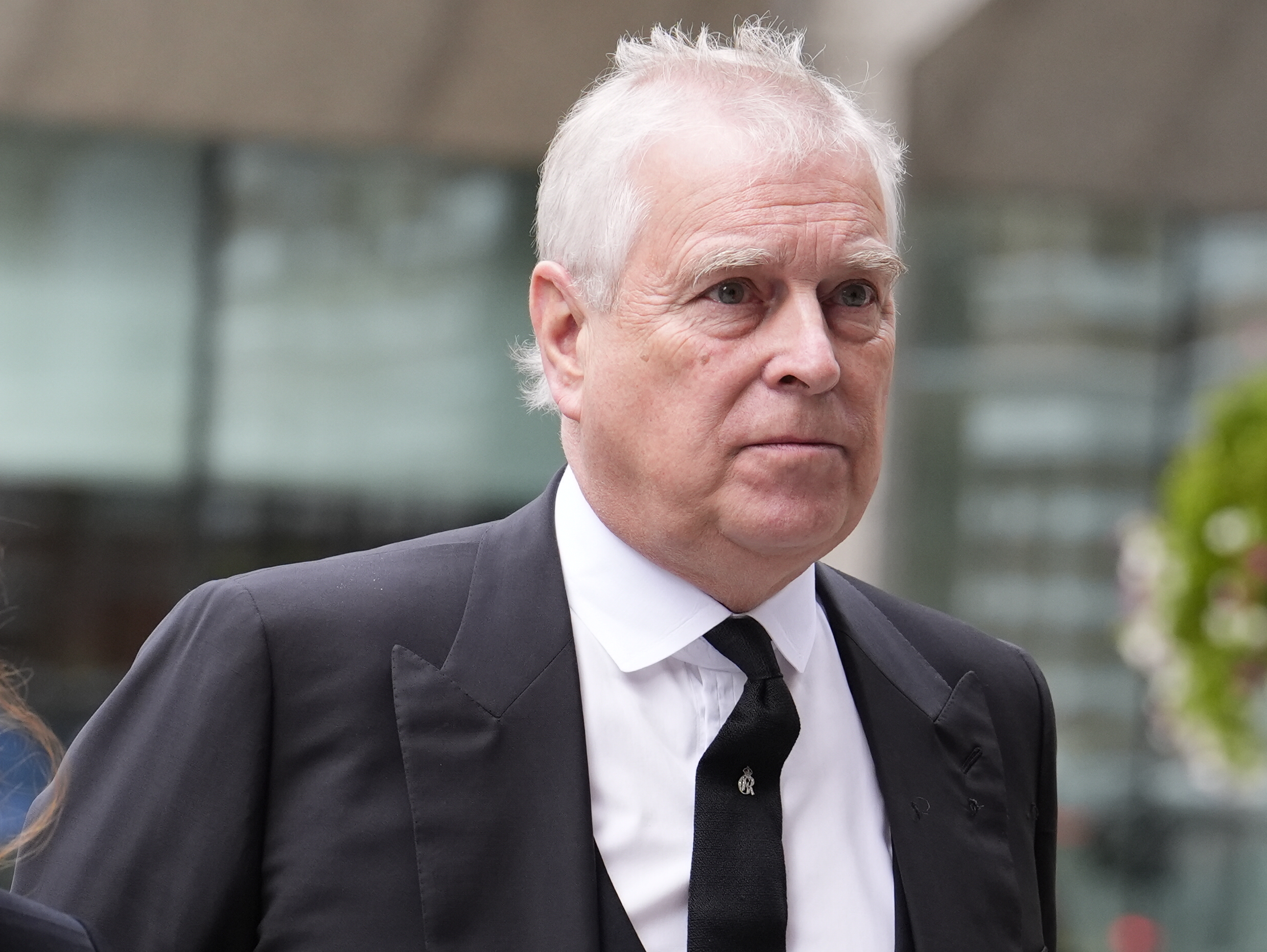A decision on the potential roll-out of controversial new social care charges in East Renfrewshire has been pushed back again.
The planned introduction of means-tested £20 per hour fees for non-residential care – which covers activities like help with shopping, housework or travel – has sparked opposition from families and carers, who are concerned about the impact on the elderly and disabled.
Councillors agreed to defer the charges, originally set to come into force in July this year, in February. They chose to revisit the plan this month ahead of a proposed roll-out in April next year.
At a meeting this week, East Renfrewshire Council voted to defer a decision on the proposal to charge for the services until December at the earliest.
They made the call as local government body COSLA is set to consider how funding for adult social care is allocated to councils. It could increase the amount of money available to some local authorities.
Council leader Owen O’Donnell, Labour, said deferring the decision would “allow officers to understand the implications of any changes to distribution and to brief members before any final decision is made”.
Over 1,000 people signed a petition calling for the plans to introduce charges to be dropped. People believe the proposal is “unfair” as it “will disproportionately affect the learning disability community”.
They also fear the move would put more pressure and stress on carers. Families have said it could lead to social isolation.
East Renfrewshire is currently the only council area in Scotland which doesn’t charge for non-residential care services, councillors were told at Wednesday’s meeting.
However, officials recognise the proposals are a “significant change” for residents. They proposed a 60% taper on the amount of a person’s disposable income which can be spent on the fees.
It would bring in around £1.5m to help East Renfrewshire’s health and social care partnership (HSCP), which officials say is facing a £9.2m funding gap in 2026/27.
It is believed 515 of 1,674 people currently receiving care from the HSCP would be eligible for the charges. Those with disposable income above a nationally set threshold would pay, and financial assessments would be carried out to determine how much chargeable income a person has.
The taper is applied to the chargeable income to calculate how much they pay. A council report estimates a 60% taper would see those affected pay around £55.97 per week.
Health and social care chiefs added anything less than £1.5m income from non-residential care charging will mean other savings options are needed.
However, at the meeting, an official revealed COSLA leaders will consider a paper on “proposals to amend the distribution methodology which determines the grant funding each council receives in relation to adult social care” at the end of this month.
These could “see the funding allocations for adult social care for some councils going up, some going down and some remaining broadly the same”, she added.
“This is a very complex proposal, and at present I cannot confirm what the impact of this change will be for East Renfrewshire Council, but note that it could be significant.”
Cllr O’Donnell put forward a Labour motion to defer a decision until the next full council meeting on December 10 at the earliest.
The Conservative group’s amendment said the charges should not be considered for the remainder of the current Scottish Government administration to give “clarity and stability” to service users and their families.
Labour’s motion passed by seven votes to five, with SNP members and Cllr David Macdonald, an independent, abstaining. It then went up against an SNP amendment.
The SNP group wanted to push back any decision until the council sets a budget in February or March next year, when the details of both UK and Scottish Government budgets will be known.
Conservative councillors backed the Labour motion, which passed by 11 votes to seven. Cllr O’Donnell said it was for the Integration Joint Board (IJB), which directs the HSCP, to set its own budget, which typically happens after the council sets its budget.
He acknowledged officials “may not have the full facts by December” and it was “entirely possible” the issue would be considered by the council at its budget meeting in February.
Follow STV News on WhatsApp
Scan the QR code on your mobile device for all the latest news from around the country


 iStock
iStock

